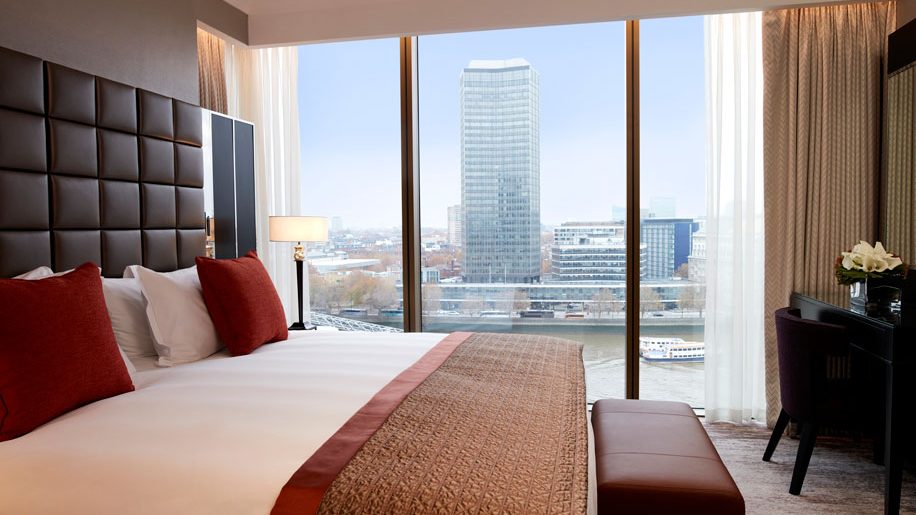The traditional hotel offering of room categories booked over rigid time periods will decline over the next five years, according to a new report.
It will be replaced by a more personalised system that allows guests to choose the specific amenities and features they want in a hotel room, such as a desk, lounge area or workout space, similar to the ancillary model used by many airlines. More rooms will also be bookable over the specific period guests need them, as brands such as Aerotel and Yotel currently offer.
The ‘Drivers of Change in Hospitality’ report from Amadeus, Intercontinental Hotels Group and Cornell’s Center of Hospitality Research predicts that these changes will come into effect over the next five to seven years.
“This degree of personalisation of inventory and services will open up new revenue streams for hotel owners as well as providing better and more tailored services to meet guest needs,” the authors write.
Research showed 56 per cent of European travellers, 67 per cent of US travellers, and 75 per cent in the Asia-Pacific market wanted more customisable rooms.
“It will require hotels to really reflect on their amenities and unbundle them,” Joe Youssef, Amadeus’s EVP for Corporate Development and Marketing Hospitality, told Business Traveller.
“If you are travelling on business you can choose based on that context, asking for a writing desk, lamp and Smart TV. It might be very different to what you want on a holiday with friends, where you would prefer a socialising space and yoga mat.”
This will require guests to share more of their data and for hotels to get better at storing and processing it, Youssef explains.
“Hotels can create ‘micro-moment experiences’. They know who you are and why you’re here; they know if you want a bottle of wine in your room, what bedding you prefer, what temperature you want the room at. If they know what sports you like, they can offer you gifts or activities based on that.
“The only way you can achieve this truly personalised marketing is by understanding a guest. You need to understand the context of their travel. At the moment the data is fragmented, and it needs to be in a single repository.”
Unbundling amenities should also lead to more transparent pricing, Youssef says, with guests given more control over what is added and deducted – he compares it to the pricing model used by many airlines.
Travellers will be willing to give up more information in exchange for better value and experiences, Youssef argues.
However, he notes that hotels will need to take greater steps to secure guests’ details.
Data protection came under the spotlight after it was revealed last year that 500 million people had personal information exposed by a hack on Marriott International.
“The hospitality industry is on the cusp of a new chapter. Guests are seeking richer individual relationships and seamless experiences with their hospitality providers, and are willing to share more data and insights than ever before,” commented Chris K Anderson, Director of Center for Hospitality Research at Cornell University.


